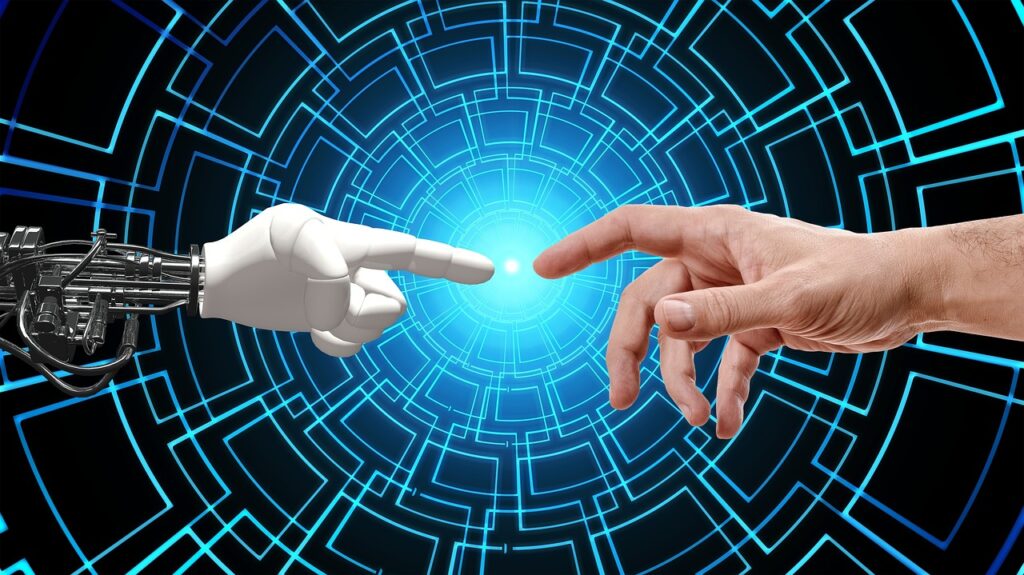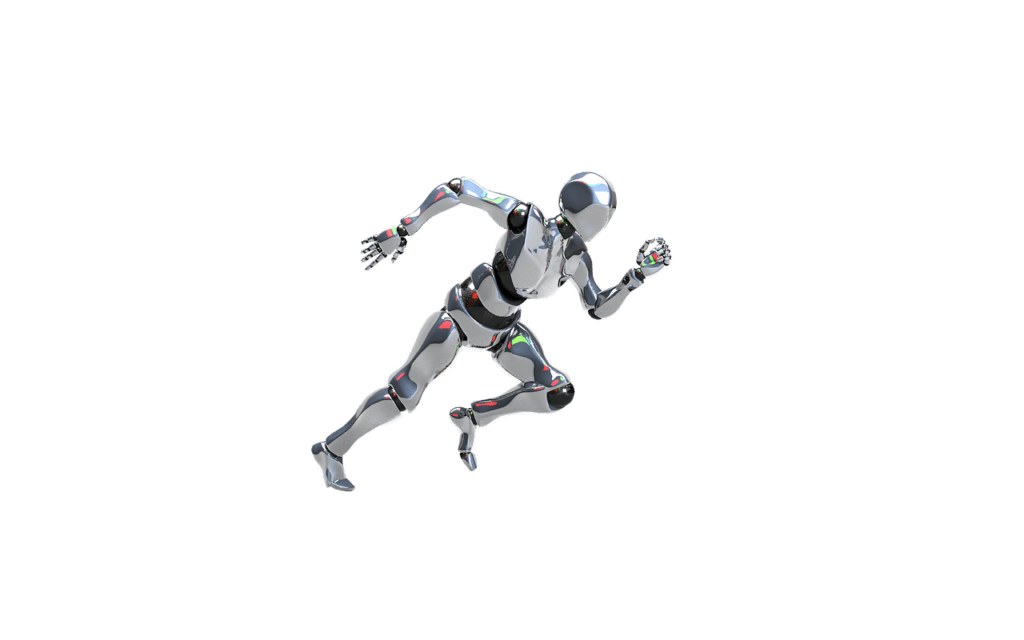“The AI revolution is not about replacing human intelligence, but augmenting it and empowering us to tackle the complex challenges of our time.”
Artificial intelligence (AI) is transforming how we live and work. It is revolutionising industries and altering our interactions with technology. Unprecedented power, however, comes with greater responsibility.
As we approach this new era of AI, it is critical to assess the technology’s potential advantages and disadvantages, as well as its role in influencing the future.
The AI Revolution has brought with it a multitude of advantages, including the ability to process and analyze large amounts of data more efficiently, the potential to improve decision-making processes, and the possibility of creating new and innovative products and services. However, the rapid advancement of AI has also raised a number of concerns and potential disadvantages. These include the possibility of job displacement and loss of privacy, as well as ethical considerations surrounding the development and use of AI.
Nevertheless, the AI revolution is an exciting time, and ChatGPT is a prime example of the amazing advancements we have made in the field of artificial intelligence including text-to-image generators, Text-to-video, automated music producers etc.
But! with the ability to carry out natural language conversations, ChatGPT has the potential to revolutionize the way we interact with technology and each other.
If you haven’t heard of ChatGPT, you must have been living under a rock.
In summary, ChatGPT is an open-source natural language chatbot development platform that allows developers to create and deploy chatbots using natural language processing (NLP) technology.
ChatGPT’s platform provides a user-friendly interface that makes it easy to create and deploy chatbots. It is basically a chatbot powered by a large language model trained by OpenAI. ChatGPT is able to hold conversations with users and provide information and answers to questions on a wide range of topics.
The use of chatbots like ChatGPT has the potential to revolutionize the way we interact with technology and access information. Chatbots can provide quick and convenient access to information and services, 24/7, without the need for human intervention. This can be especially useful in situations where it may be difficult or inconvenient for humans to provide assistance, such as during late night hours or in remote locations.
Watch the video below to know more about ChatGPT

SOME OF THE ADVANTAGES OF THE AI REVOLUTION INCLUDE:
- Increased efficiency: AI can process and analyze large amounts of data quickly and accurately, which can help organizations make better and faster decisions.
- Improved decision-making: By providing access to a wider range of data and insights, AI can help organizations make more informed and strategic decisions.
- Innovation: AI has the potential to create new products and services that may not have been possible before.
THE AI REVOLUTION ALSO BRINGS WITH IT SOME POTENTIAL DISADVANTAGES:
- Job displacement: The automation of certain tasks and processes may result in the loss of jobs for some workers.
- Loss of privacy: The use of AI may raise concerns about the collection and use of personal data.
- Ethical considerations: The development and use of AI raises a number of ethical questions, such as the potential for biased algorithms and the impact on society.

AI has a lot of room to grow and develop. It can be used in many fields, such as healthcare, finance, and agriculture, to name a few.
AI-powered tools and systems can process and analyse massive amounts of data more quickly and accurately than humans, allowing us to make better, more informed decisions. This can help businesses save money and become more competitive while also providing better service to their customers.
But there are some reservations about AI’s potential negative impact on employment. Certain jobs may be replaced by automation and AI-powered systems, resulting in job loss and inequality. It is critical to consider how to mitigate these negative effects and ensure that the benefits of AI are fairly distributed.
One of the most significant aspect of the AI revolution is the potential for better healthcare. AI can analyse medical data and assist doctors in making more accurate diagnoses, resulting in improved patient outcomes. It can also assist in identifying patterns and trends that humans may miss, leading to new insights and treatments. However, there are some ethical concerns about using AI in healthcare, such as the possibility of bias in decision-making.
This is why it is important that any AI systems used in healthcare be designed with fairness in mind, to ensure that all patients have equal access to quality care. To prevent such bias, AI systems must be designed to take into account all possible factors when making decisions.
Following all of that, here is a video that discusses the implications and what the future holds.
The AI revolution provides us with a once-in-a-lifetime opportunity to make a difference. We can ensure that AI is used responsibly and beneficially by considering its potential benefits and drawbacks and addressing any ethical concerns that may arise. It is our responsibility to shape the future of AI and ensure that it serves the greater good.
We need to make sure that AI systems are built and used in a way that doesn’t hurt or discriminate against any group of people.


